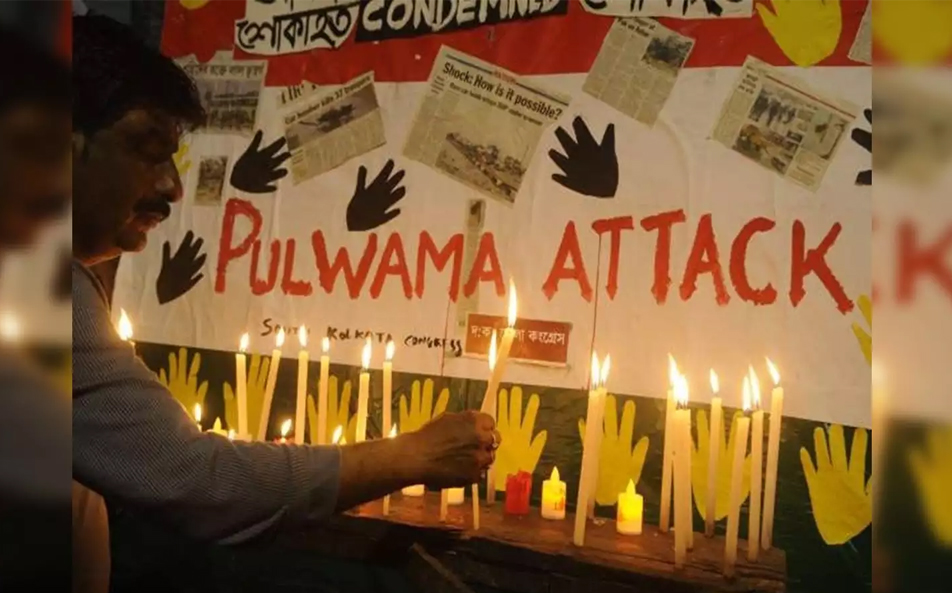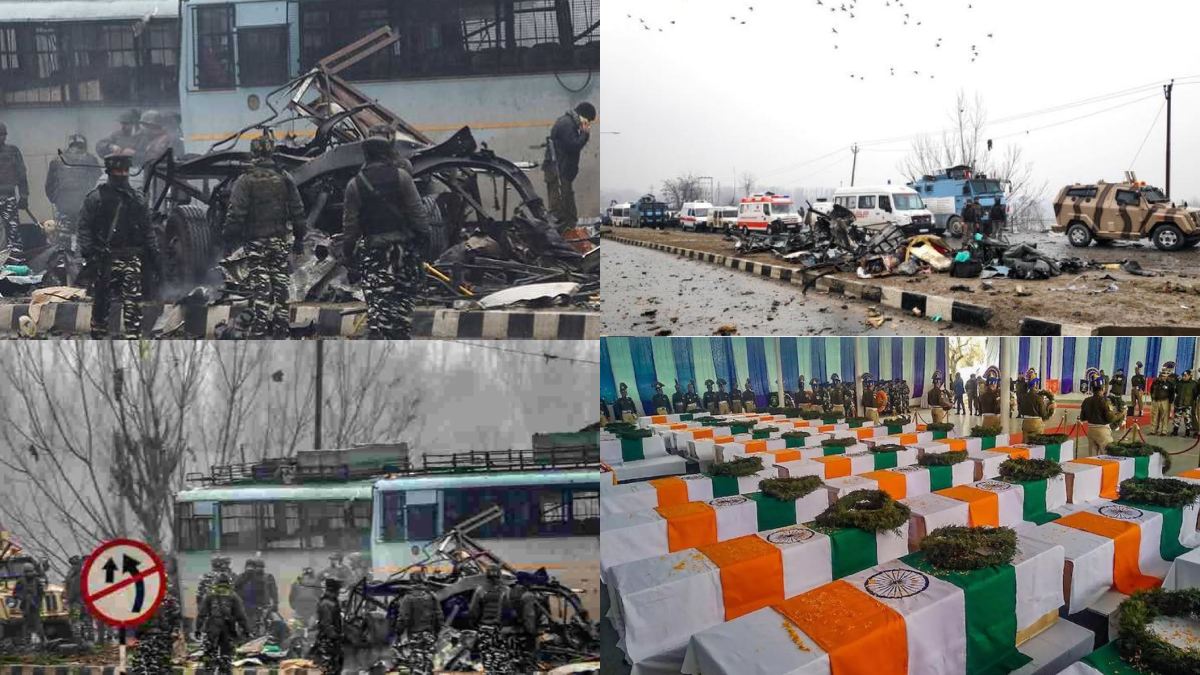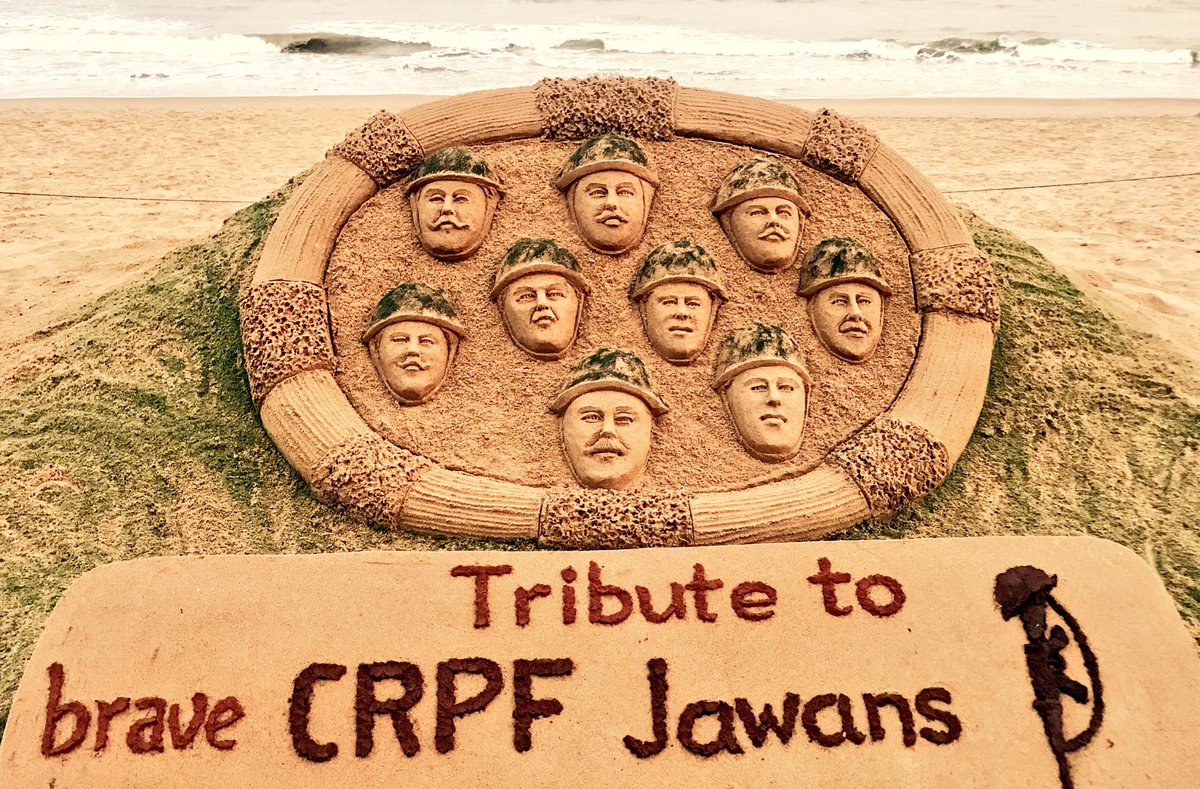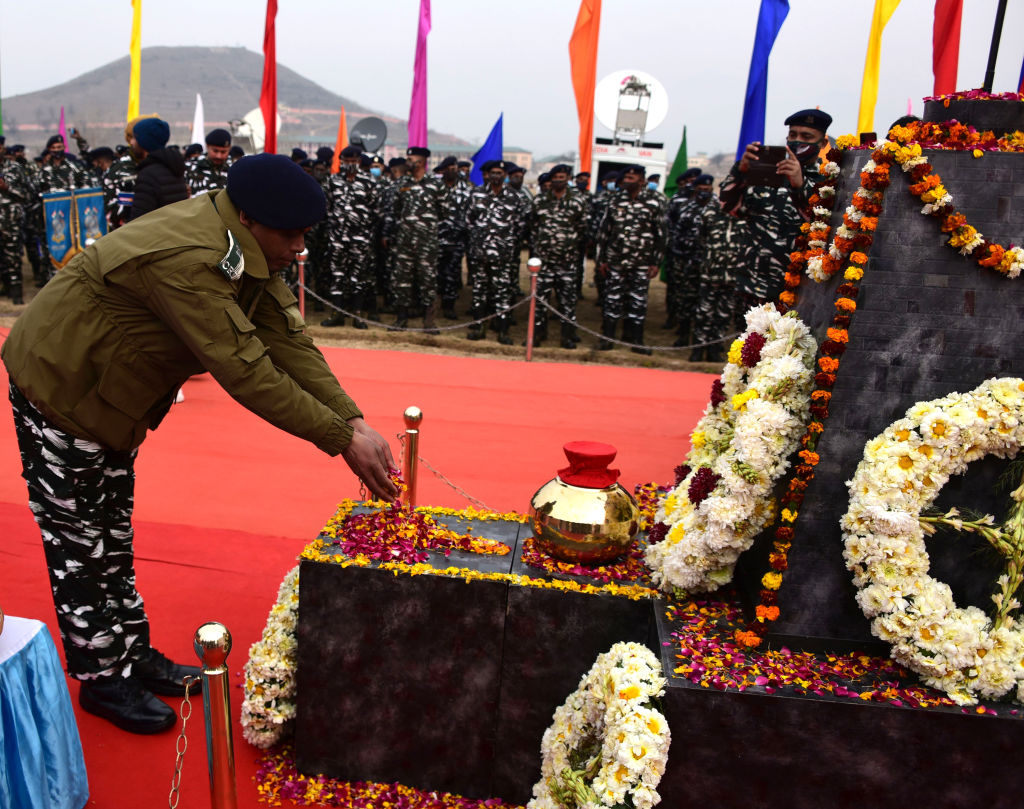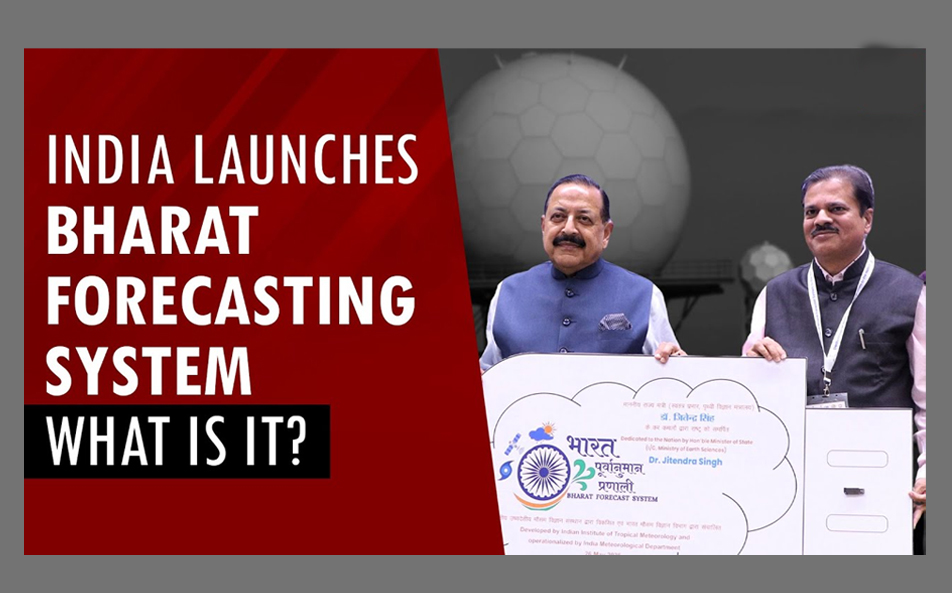
The United Indian

February 14, 2019, remains one of the darkest days in India's history as a shadow fell over India. On this day, the Pulwama attack shook the nation, leaving an indelible mark on our collective memory. A suicide bomber rammed an explosive-laden vehicle into a convoy of Central Reserve Police Force (CRPF) personnel in Pulwama, Jammu and Kashmir, killing 40 brave soldiers. The attack was claimed by the Pakistan-based terrorist group Jaish-e-Mohammed (JeM). Six years later, the pain is still fresh, but the resolve of our nation remains stronger than ever. As we look back, we honor the martyrs, reflect on the lessons learned, and recognize the steps taken to ensure such tragedies never happen again.
The Pulwama Attack: A Recap
On the fateful afternoon of February 14, 2019, a convoy of over 70 vehicles carrying CRPF personnel was moving along National Highway 44 in Pulwama district. Suddenly, a vehicle carrying about 300 kg of explosives crashed into one of the buses, causing a massive explosion. The blast was so powerful that it was heard miles away, instantly killing 40 CRPF jawans and injuring many others.
The news of the Pulwama attack spread like wildfire, engulfing the country in a wave of shock, anger, and profound sadness. Forty families were shattered, forty homes plunged into darkness. The images of the charred vehicles and the stories of the brave men who perished filled our screens and our hearts. The nation mourned, united in grief and outrage. Candlelight vigils were held across the country, from bustling city squares to quiet village lanes. The pain was palpable, the sense of loss immense.
The attacker was identified as Adil Ahmad Dar, a 22-year-old local youth from Pulwama, who had been radicalized and trained by JeM. This incident was not just an act of terror but a direct attack on India's sovereignty, triggering a wave of anger and grief across the country.
Immediate Aftermath
The Pulwama attack was met with outrage, not just in India but worldwide. Citizens took to the streets, lighting candles and paying tribute to the fallen heroes. The Indian government responded swiftly:
- Diplomatic Action: India withdrew Pakistan’s Most Favored Nation (MFN) status, increasing customs duties on Pakistani goods to 200%.
- International Pressure: India launched a diplomatic campaign to isolate Pakistan, urging global leaders to take action against terrorist groups operating from its soil.
- Solidarity and Protests: From the smallest villages to metropolitan cities, People from all walks of life came together in unity to express their solidarity with the bereaved families and to condemn the cowardly act of terrorism and demanding justice for the martyrs.
Military and Strategic Response
India's response to the Pulwama attack was firm and resolute. On February 26, 2019, the Indian Air Force carried out a daring airstrike on JeM training camps in Balakot, Pakistan. In the early hours, Mirage 2000 jets crossed into Pakistani airspace and dropped precision bombs, eliminating several terrorists and destroying training facilities. This marked a shift in India's counter-terrorism strategy—no longer reactive but proactive.
The operation led to heightened tensions between India and Pakistan, culminating in an aerial dogfight on February 27. Wing Commander Abhinandan Varthaman, piloting a MiG-21 Bison, engaged Pakistani aircraft but was shot down and captured. However, his return after 60 hours in captivity demonstrated India's diplomatic strength and international support.
Investigations and Accountability For the Pulwama Attack
In the aftermath of the Pulwama attack, Indian security forces intensified their operations in Jammu and Kashmir. The National Investigation Agency (NIA) conducted thorough probes, leading to significant findings:
- By August 2021, 19 people were identified as directly involved in planning or executing the attack.
- Seven were arrested, and seven were neutralized in military operations.
- It was revealed that the explosives were sourced locally, with clear links to JeM handlers in Pakistan.
Despite Pakistan’s repeated denials, global pressure forced its government to take nominal action against JeM leaders, although the organization continues to operate under different names.
Evolving Security Dynamics in Jammu and Kashmir
The Pulwama attack triggered a series of policy and security changes in Kashmir. Key developments include:
- Enhanced Convoy Security: Movement protocols for security personnel were tightened, including aerial surveillance and separate road clearance before convoys pass through vulnerable areas.
- Abrogation of Article 370: In August 2019, India revoked the special status of Jammu and Kashmir, leading to stricter anti-terror measures and reduced local support for militancy.
- Crackdown on Terrorism: Security forces conducted multiple anti-terror operations, eliminating top commanders of JeM, Lashkar-e-Taiba (LeT), and Hizbul Mujahideen.
The region has witnessed a decline in large-scale terror attacks since then, though sporadic incidents still occur.
Pulwama Attack - Commemorations and Remembrance
Every year, India pays tribute to the brave CRPF personnel who sacrificed their lives in the Pulwama Attack. Some notable ways they are remembered include:
- Memorial at Lethpora, Pulwama: A tribute site was built where the attack took place, with the names of all 40 martyrs inscribed.
- Scholarship Programs: Educational initiatives for the children of martyrs have been established.
- National Mourning & Tributes: Schools, institutions, and organizations across India observe a moment of silence, and events are held to honor the fallen heroes.
The sacrifice of these bravehearts continues to inspire generations, reminding us of the price of our freedom and security.
Lessons Learned and the Road Ahead
The Pulwama attack was a wake-up call that emphasized the importance of national security, intelligence coordination, and counter-terrorism measures. Lessons learned include:
- Strengthening Intelligence Networks: Improved coordination between intelligence agencies has prevented multiple potential attacks since 2019.
- Upgraded Equipment for Forces: Modern surveillance, drone technology, and advanced protective gear have been introduced for security personnel.
- International Counter-Terrorism Cooperation: India continues to push for global actions against state-sponsored terrorism, securing diplomatic victories at forums like the United Nations.
- Public Vigilance and Unity: Citizens have become more aware of security threats, actively reporting suspicious activities.
As we move forward, our focus must remain on ensuring that such attacks are never repeated. A strong, united, and vigilant India is the best tribute we can offer to the Pulwama martyrs.
Conclusion
Today, Six years have passed since the Pulwama attack, but the pain and sacrifice of that day remain etched in our hearts. The bravery of our soldiers, the resilience of their families, and the unity of our nation have only strengthened over time. We remember them not just in sorrow but with immense pride.
As we bow our heads in tribute, we reaffirm our commitment to a stronger, safer India. Let us continue to support our armed forces, remain vigilant against threats, and uphold the ideals of patriotism and national integrity.
To the 40 brave souls who gave their lives for the nation – your sacrifice will never be forgotten. Your courage will continue to light our path. And your love for the nation will forever inspire us to work towards a stronger, safer, and more united India.
Jai Hind! 🇮🇳
Read more in Government Sector
May 28, 2025
TUI Staff
May 22, 2025
TUI Staff

Stay Tuned with The United Indian!
Our news blog is dedicated to sharing valuable and pertinent content for Indian citizens. Our blog news covering a wide range of categories including technology, environment, government & economy ensures that you stay informed about the topics that matter most. Follow The United Indian to never miss out on the latest trending news in India.
©The United Indian 2024

